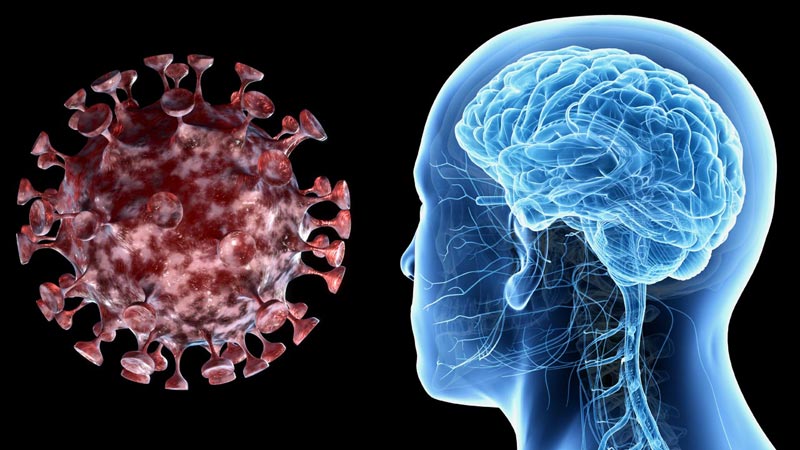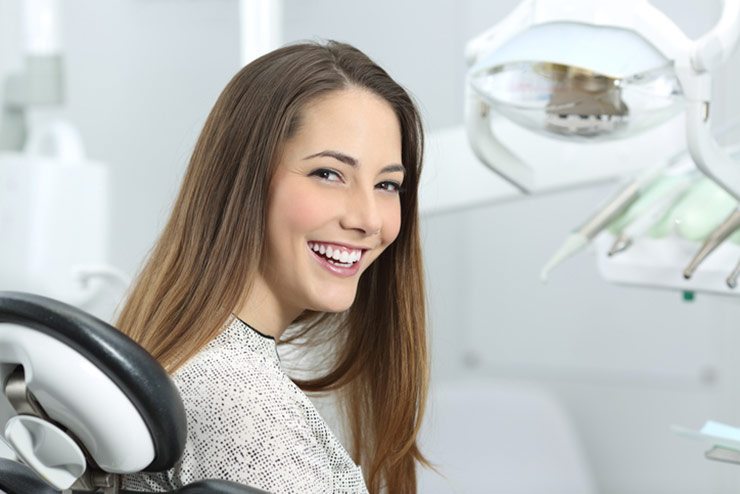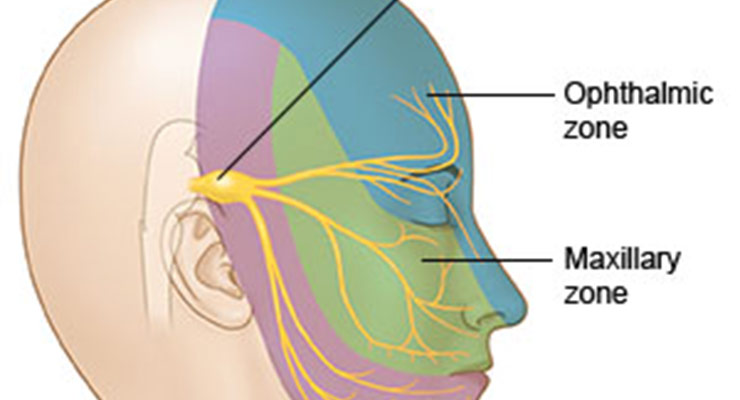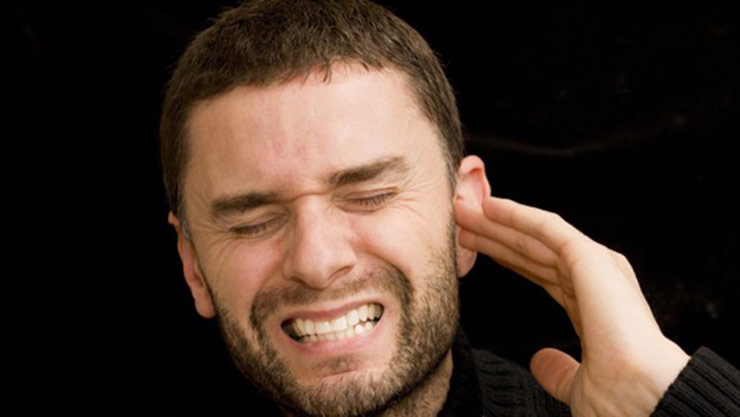
Receiving a proper diagnosis and then treating the cause is key to getting relief from migraines.
If you’ve been diagnosed with chronic migraines, you’re well aware of the negative impact they can have on your quality of life. They can last anywhere from hours to days, bringing with them throbbing pain, nausea, vomiting, visual impairment and sensitivity to light. Even though they can vary, you know the symptoms, but do you have any idea what’s causing these intense headaches?
The answer for most people dealing with chronic migraines is no. It can be difficult to even get a proper diagnosis let alone determine the cause, considering headaches can be triggered by other health issues such as high blood pressure.
While it can be difficult to pinpoint exactly what’s behind the chronic headaches you’re experiencing, doing so will help you get the proper treatment and relief you seek. Here’s a look at some surprising causes of chronic migraines, and how seeing a doctor trained to use TruDenta, which is designed to uncover and resolve the overlooked causes of chronic migraines, can alleviate your pain so you can get back to enjoying life.
- Muscle tension in the neck and jaw. That’s right, tension in your neck and jaw could be the culprit behind your chronic migraines. The human bite can generate more than 260 pounds of force at the molars. If this pressure isn’t balanced perfectly, it throws your jaw’s muscles, tendons, nerves and ligaments out of balance, causing nerve pain in the neck, face and even the throbbing you feel during a migraine.
Despite everything that’s going on, your jaw may not hurt at all, which is why this common migraine cause is so often overlooked. To make matters worse, this is an issue that doesn’t respond to typical migraine medication. So even if you’ve been diagnosed with chronic migraines, the medication you’re prescribed might not be very effective if it’s your jaw causing the pain.
- Stress. Feeling pressure at work or stretched too thin in your family life? These stressors could lead to increased muscle tension in the jaw, creating the imbalances that cause nerve pain. Everything is out of whack, and again common migraine medications are ineffective.
- Your eating habits. Do you grind your teeth, or have some odd quirks when it comes to eating? Both could contribute to the chronic migraines you’re experiencing.
- Time. Just like with everything else in your body, your mouth and jaw are made of living tissue that can shift as you age. When this happens, the imbalances occur and so does the nerve pain.
TruDenta can be the difference maker
TruDenta is specifically designed to determine the overlooked causes of chronic migraines and then provide treatment that resolves them—without the use of drugs. So, if muscle tension that’s developed in the jaw is the problem, a TruDenta doctor can help.
How does it work? It starts with a precision diagnosis from a TruDenta certified doctor. The doctor will scan for hidden factors, such as jaw tension, that could be contributing to your pain. These doctors are trained to closely examine the musculoskeletal system of the head, neck and jaw to find signs of the inflammation and tension that can lead to chronic headaches or migraines.
During the diagnostic process, the dentist will look at the delicate nerves and ligaments that run through your head and jaw to see if they’re out of balance. Whether it’s misaligned teeth, a trauma to the jaw, stress, eating habits or time throwing things off kilter, your TruDenta doctor can diagnose the problem and develop a plan to re-establish that balance.
Here’s what to expect when meeting with a TruDenta dentist:
A bite force analysis. Using digital force measurement technology, your doctor will evaluate the amount of bite force present both when your mouth is closed and when you’re chewing.
Mandibular range of motion analysis. Your doctor will test for limited or restricted range of motion. This indicates there’s an imbalance in the system and a breakdown is likely.
Cervical range of motion analysis. Cervical range of motion impairment also will be measured, which could indicate jaw tension is causing your migraines.
The treatment
If jaw tension is found to be the cause of your headaches, your TruDenta dentist will develop a gentle treatment plan that provides immediate pain relief and long-term rehabilitation, rather than prescribing medications that won’t work. Your treatment plan will be customized to meet your individual needs, and could include ultrasound, low-level photobiomodulation, microcurrent and manual muscle therapy—all painless FDA-cleared technologies.
Your doctor will recommend anywhere from one to 12 treatments, depending on your symptoms. Treatments last an hour and are completed weekly.
It’s time to take your life back
Chronic migraines are a common problem impacting about 14 million Americans. If you’re one of them, you know how difficult it can be to get relief. Identifying the cause and developing a treatment plan based on that cause is critical. TruDenta can help find the source of the problem, and if it’s the commonly overlooked jaw muscle tension, the drug-free treatment plan your doctor develops can help you finally find relief and take back your life.







 © 2025 - NATIONAL DENTAL SYSTEMS, INC. | 430 NORTH MAIN ST. SALEM, UT 84653 | CALL US TOLL-FREE 855-770-4002
© 2025 - NATIONAL DENTAL SYSTEMS, INC. | 430 NORTH MAIN ST. SALEM, UT 84653 | CALL US TOLL-FREE 855-770-4002